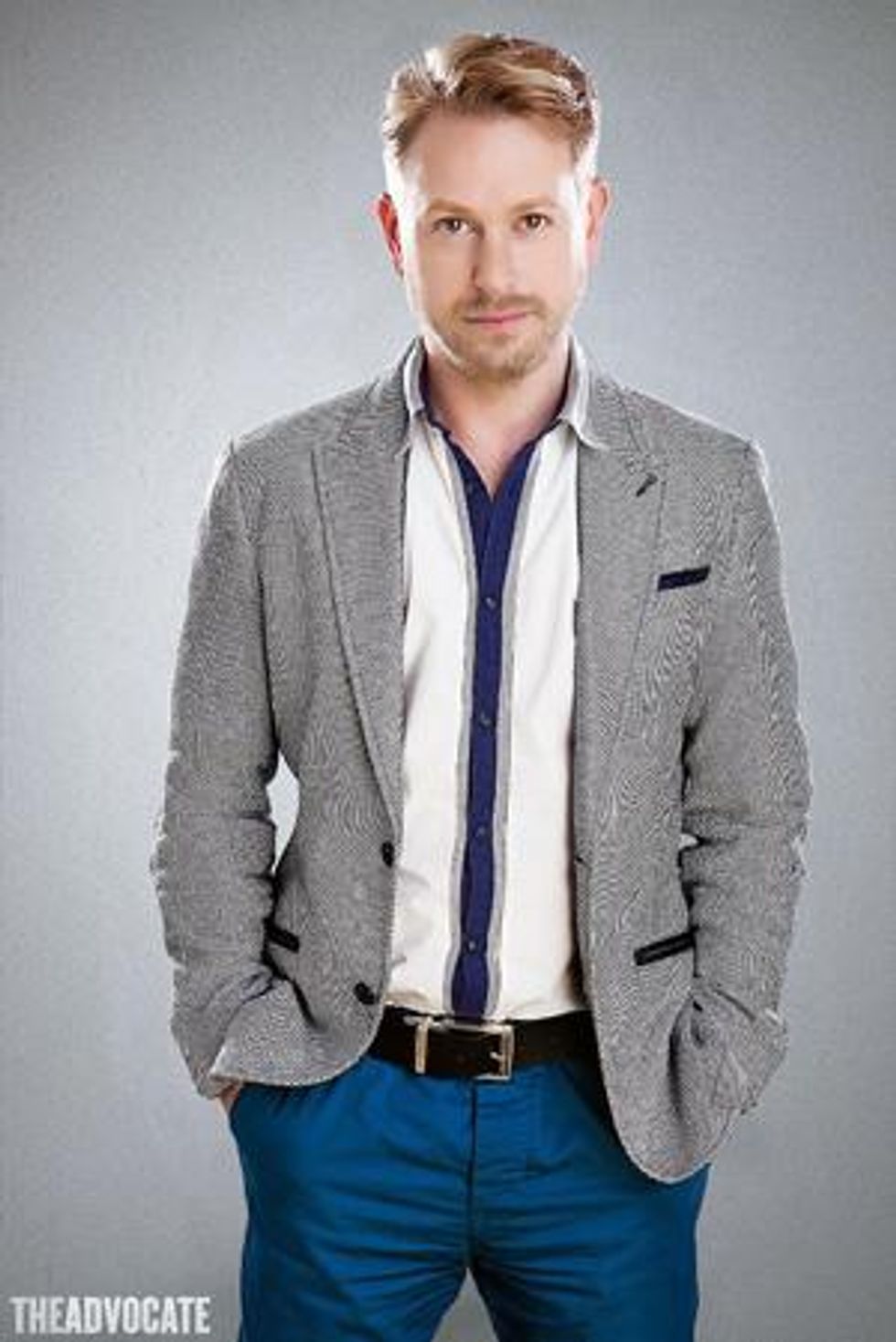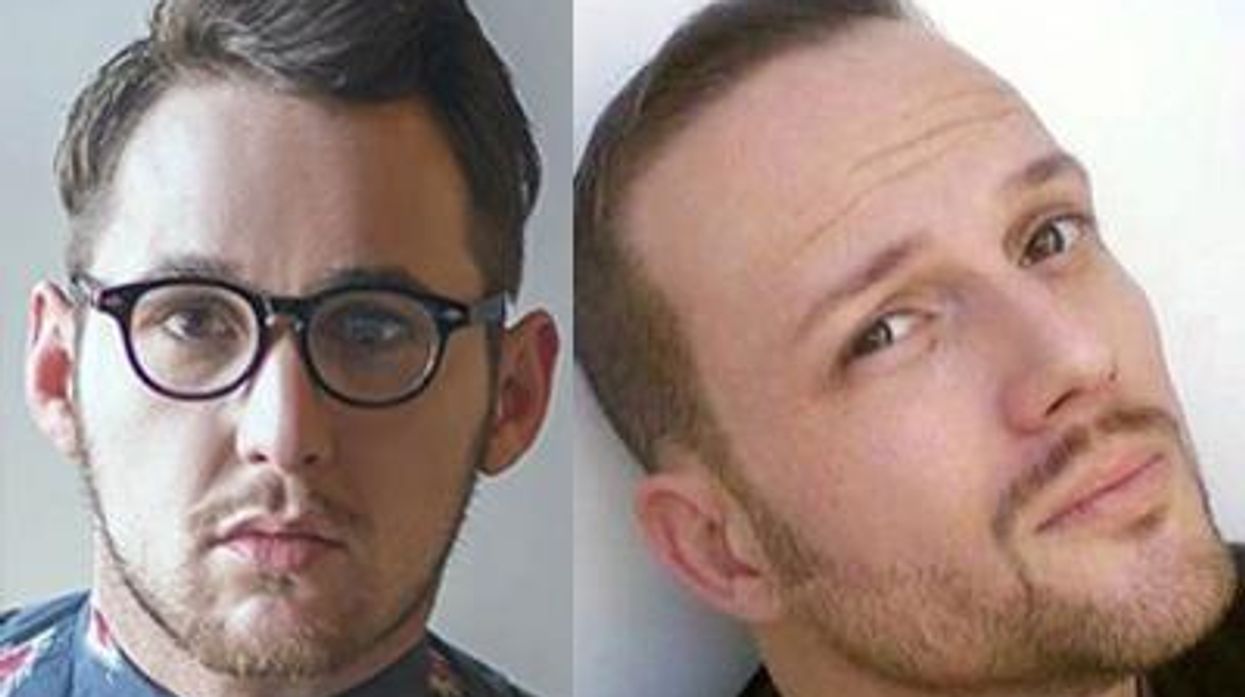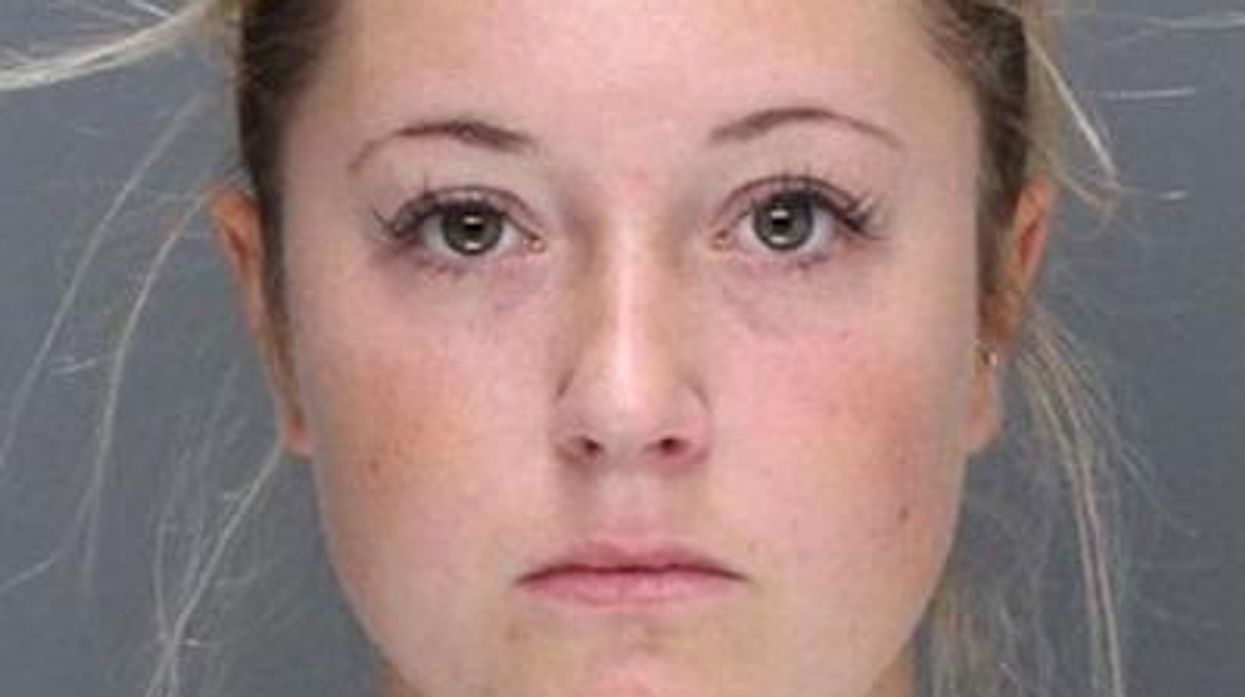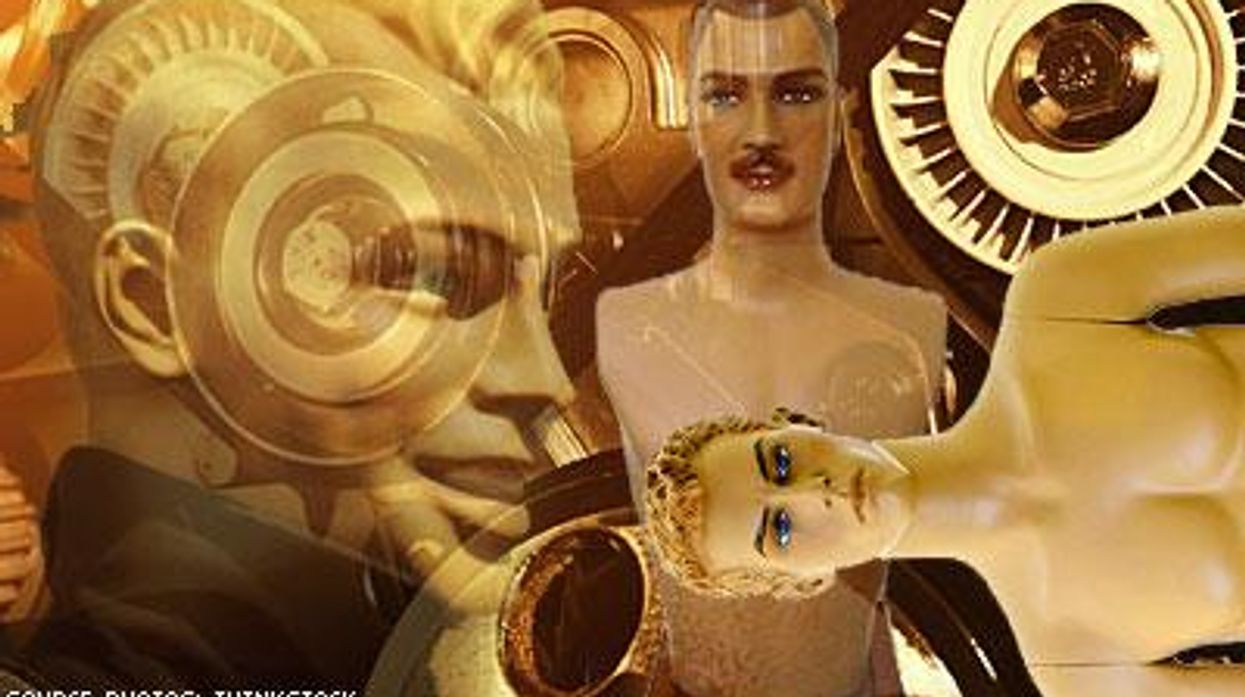
When I was a teen, the F word was everywhere. Since I was in the closet and had a good amount of friends, it wasn't usually fired at me. I remember one instance, though, when I got into a vicious argument with a friend's sister: "Shut up, you f****t," she spat. I don't have any illusions she didn't at least suspect I was gay, but her insult was less about my persuasions and more about spewing the worst bile she could at me, a guy. That word is less ubiquitous than 15 years ago, but it's still the go-to phrase when someone want to verbally kick a guy in the nuts.
One of my best friends has a woeful story about the F word. A few years back she found herself in screaming match with a jerk who cut her in line at the grocery store. He called her the C word, arguably the worst word you can hit a woman with. Her unthinking, gut reaction was to hit him back with the F word. The worst part: she's gay. But she'll admit to this day that the exchange haunts her and her reaction came from an ingrained homophobia learned from the earliest of ages.
While that word, let's just call it "Frank" for now, is far from extinct, it's been quite wonderful seeing it become practically verboten in the media; "Frank" can no longer be uttered on television or written in newspapers ("an antigay epithet" is how it's usually described). The public explosions of homophobia are now more covert. Take Alec Baldwin's latest disgrace: calling a gay reporter a "nasty little queen" and urging his Twitter followers to attack him. While the British journalist is in fact a bad reporter -- he incorrectly wrote that Baldwin's wife tweeted during James Gandolfini's funeral -- his supposed crimes had nothing to do with his sexual orientation. Yet Baldwin repeatedly called the reporter "a queen," exposing his presumption that all gay men are bitchy, lisping, hateful hags. Baldwin later apologized and issued a statement through GLAAD, as is the routine.
Sometimes words are free of malicious intent and yet they still rile us. A friend of a friend was talking about her new job, which is teeming with gay people: "The sheer number surprised me, but I love the gays!" The term, popularized by Kathy Griffin, lumps all queer people together like we're a roving mass of bodies limping towards the nearest musical production, a lavender version of World War Z. That was not the opinion of my acquaintance but, regardless, the phrase she uttered needs to go the way of Suddenly Susan. Imagine saying to your African-American friend, "I just love the blacks!"
Far too recently, I became familiar with the term "cisgender." Meaning anyone who feels comfortable in the gender they were born into, the word applies to all who don't identify as trans. When The Advocate's young and capable associate editor introduced the term to me, I remember having a Grandpa Simpson moment, thinking, Cis-what? Oh lord, another term to learn. Isn't everyone who's not transgender just normal? Then I thought, That's the rub. Being transgender is not a malady; it's just a fact, a characteristic, a part of someone's DNA. Being resistant to the term "cisgender" is like saying there's no need for the word "heterosexual" because everyone normal is just that. It's a new world and cisgender is part of it and so am I; it's oddly exciting.
While I can't imagine my parents ever wrapping their heads around "cisgender," they're getting with the times, too. After the Supreme Court made DOMA and Prop. 8 relics of a more homophobic time, my father expressed his glee. "Soon, marriage equality will be the law of the land in all 50 states," he told me. It wasn't the sentiment that surprised me -- he's been supportive since I came out -- it was the terminology. He had always used "gay marriage" or, more recently, "same-sex marriage," but never "marriage equality." The messaging of the American Foundation for Equal Rights, the National Gay and Lesbian Task Force, GLAAD, and even this website has seeped into middle America. When a 68-year-old straight man in central Florida is using the term "marriage equality" without skipping a beat, you know the world is changing. Better update those dictionaries.
NEAL BROVERMAN is a columnist for The Advocate and the editor-in-chief of Out Traveler. Follow him on Twitter @nbroverman.
















Charlie Kirk DID say stoning gay people was the 'perfect law' — and these other heinous quotes
These are some of his worst comments about LGBTQ+ people made by Charlie Kirk.